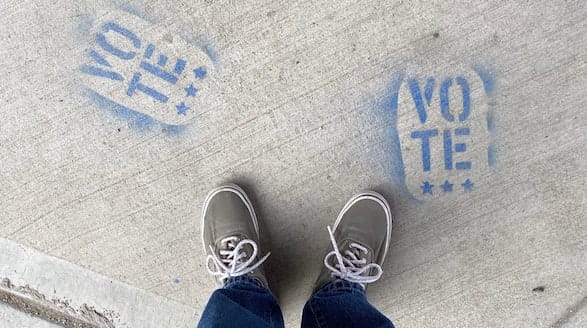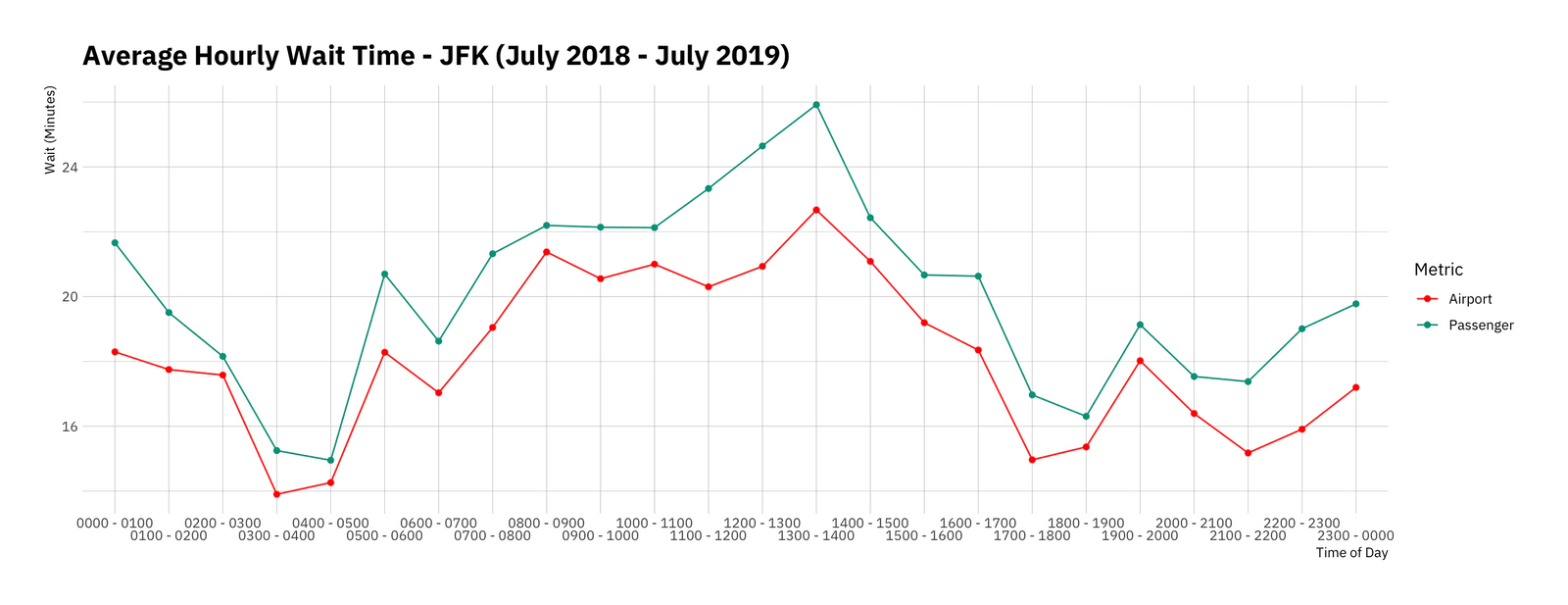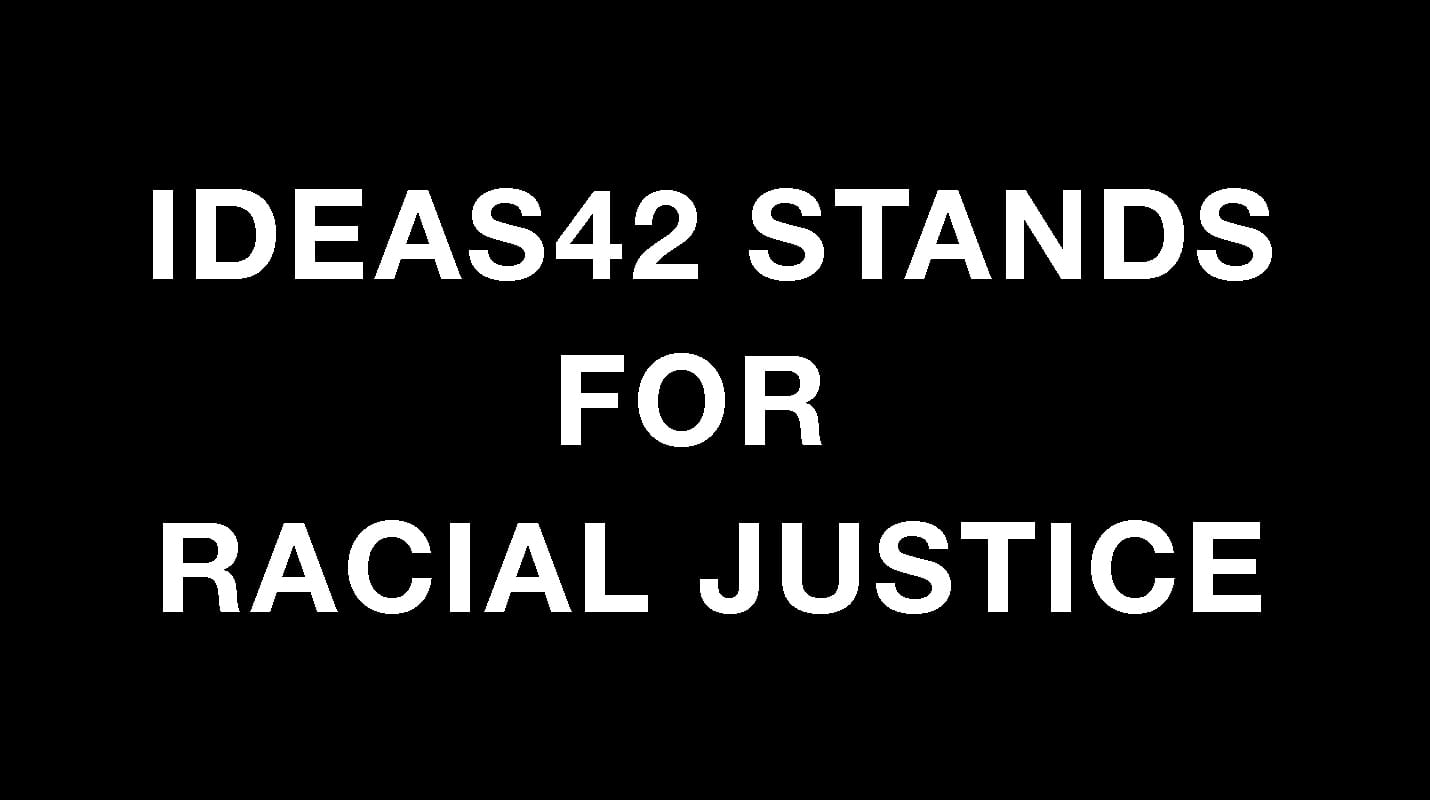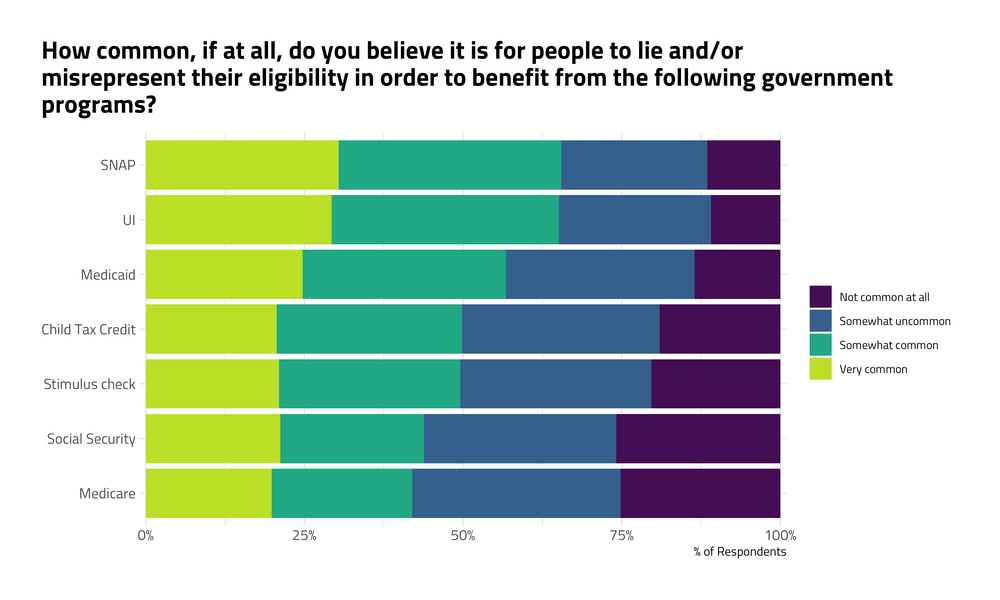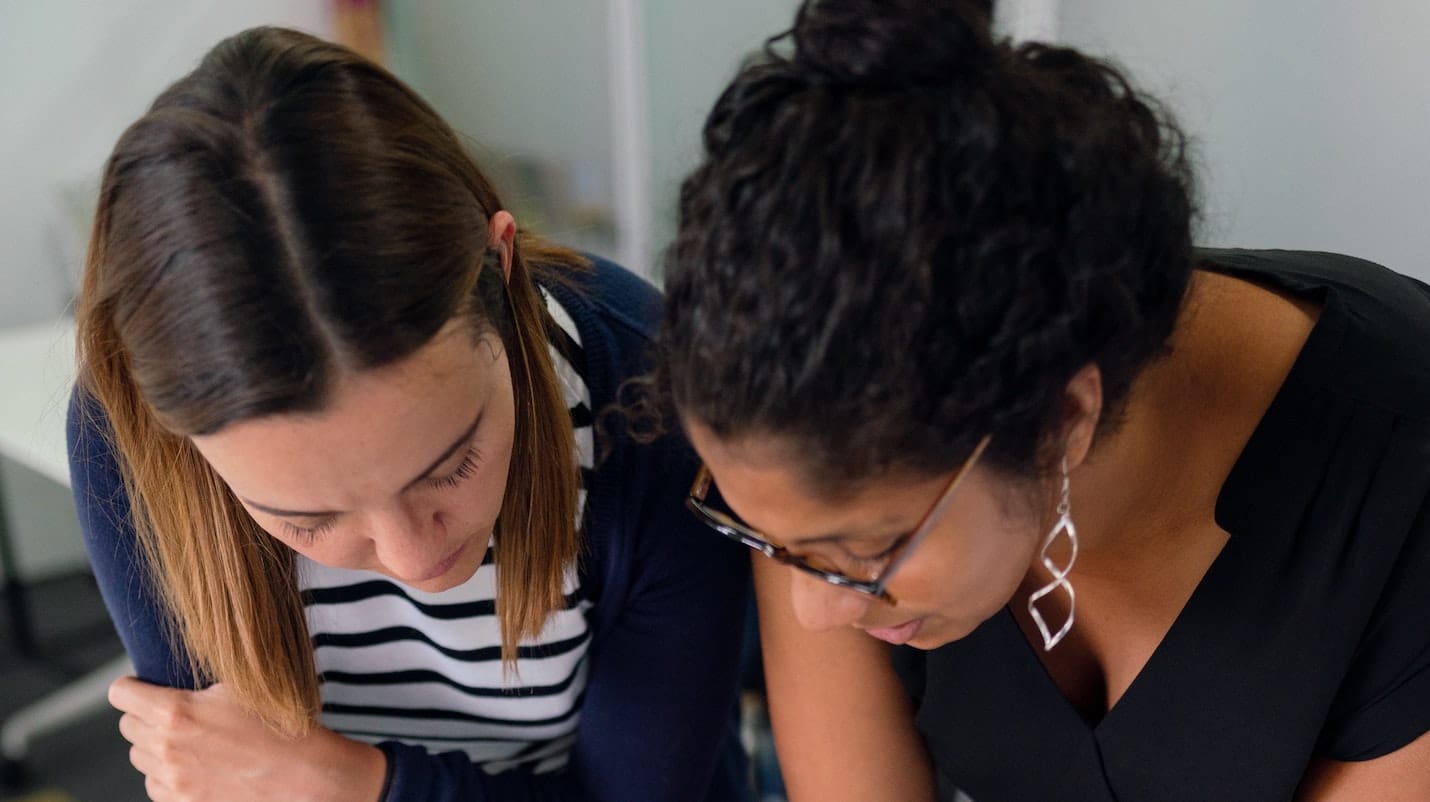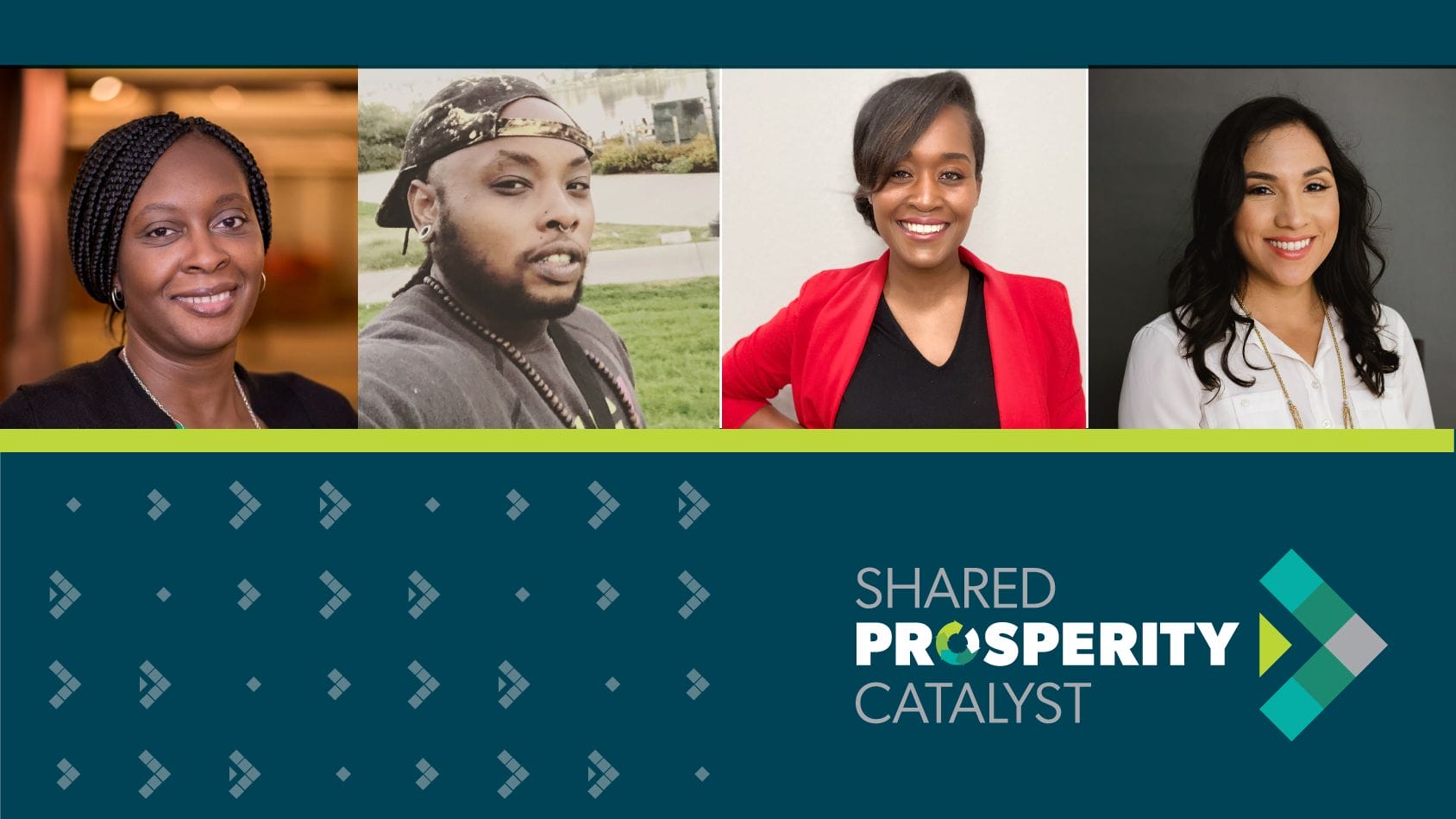
Designing for Inclusion: Lessons from the Venture Studio’s Entrepreneur Recruitment
by Blessing Ogunyemi and Harrison Neuert
Application processes—whether for jobs, funding, or other opportunities—are full of potential moments for bias to occur. In launching our venture studio, Ventures for Shared Prosperity, we knew that recruiting the right people to join our cohort as entrepreneurs was going to be crucial, and we saw a responsibility to create and conduct our application process […]
